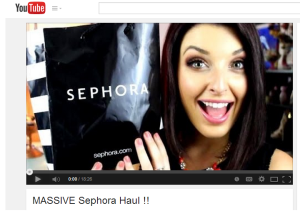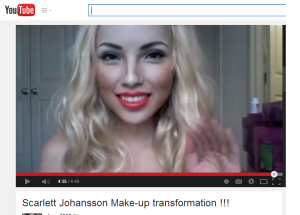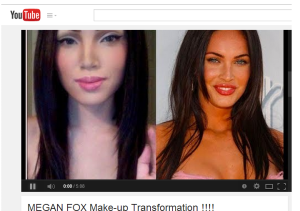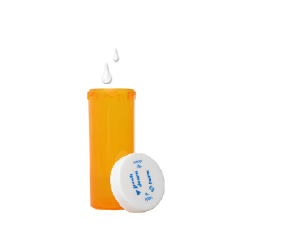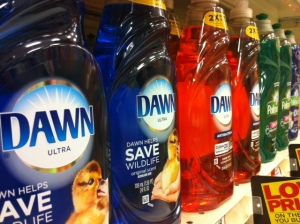I’ve indulged in mindless YouTube perusal from time to time at my desk job. Amidst more informative TEDtalks or lectures, I occasionally find myself listening to the rant of a complete stranger or watching a DIY video for how to tie shoelaces. Shameless, I know. More often than not, I will find myself incepted in a commericial within a commercial.
In particular, “beauty guru” channels, seem to be the most guilty of this trend. Beauty gurus on YouTube predominantly vlog about what they are wearing, review products and conduct “hauls” which are essentially a tedious review of monthly or weekly purchases. Unboxing, for the layperson, is a term which means a product will allegedly for the first time be taken out of it’s packaging, on camera, and scrutinized in real time. Sound like a savvy consumer’s delight? Though the target audience may in fact be tweens, as a discerning adult viewer my question is: Why should we listen to you?
Many of these “guru’s” actually land spokesperson deals and I’ve seen a number of them appear in actual commercials on YouTube. Apart from their already heavily sponsored How To videos. It’s great that health and beauty tutorials are available to young girls but the take-away messages of most, if not all, of these videos seems to be: “buy this”. Scroll down and you find an About section which merely rattles off hyperlinks of where to purchase mentioned products.
Sadly, beauty in a bottle isn’t the only misguided ideal infiltrated by YouTube beauty gurus. Another pervasive trend is videos tagged “Get the look __insert celebrity name__”. These videos hone in on one teen adored icon and provide a detailed, step-by-step instructional for how to apply make-up and put together an identical rendition of their outfit. Not only do these videos condone superfluous consumerism, they demonstrate to young girls that being yourself isn’t good enough.

